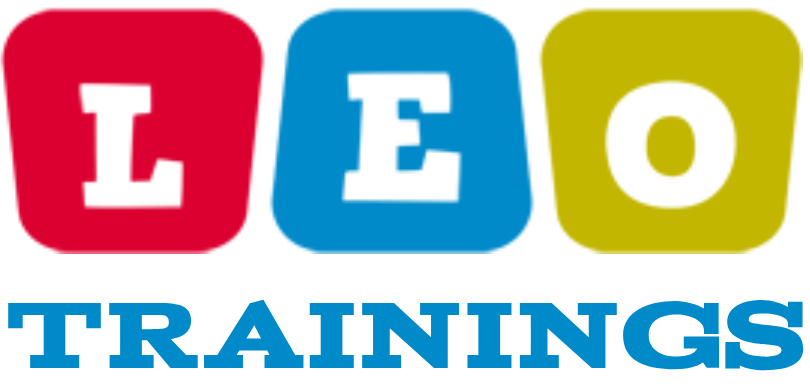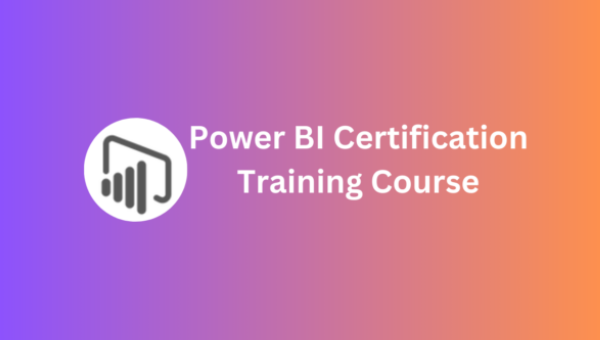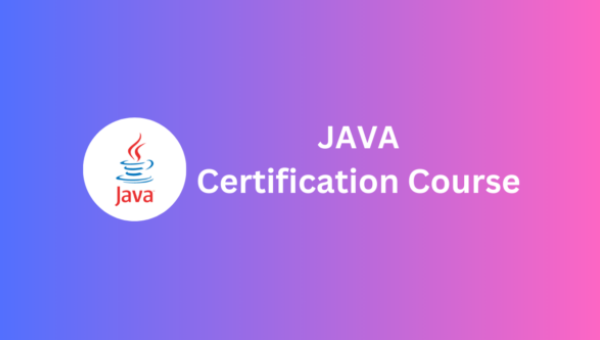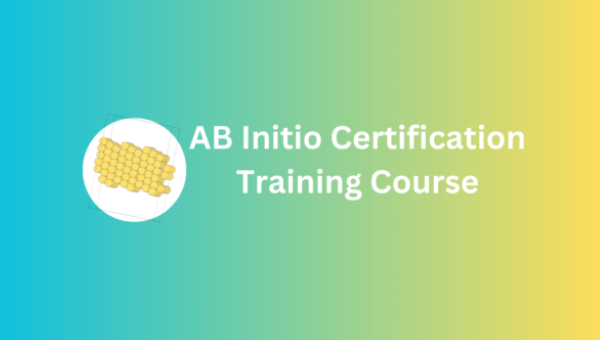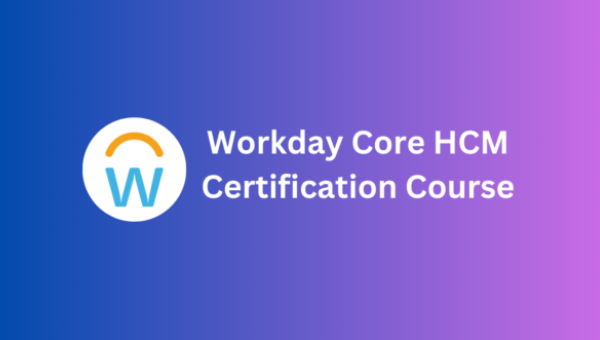- Home > Cloud Computing > AWS Data Engineering
AWS Data Engineering Training By Experts
- 1000+ Ratings
- Master Python for data manipulation and analysis
- Dive deep into SQL for efficient data querying and management
- Understand big data concepts and the Hadoop ecosystem
- Harness the power of Apache Spark with PySpark
- Explore Databricks for collaborative data engineering
- Get introduced to cloud computing with Google Cloud Platform
- Cloud Technologies – Using services like AWS and Google Cloud.

4.8 ✰
Google Review

4.8 ✰
Review

4.8 ✰
Review

3486+
Students Trained
Key Highlights
- Live interactive sessions
- Certification Providing
- Available Self-paced Videos
- Career Services by Leo Trainings
- Live Projects, Questions & Quizzes
- Job Placement Assistance
- Live Classes With Industry Expert Faculty
- 24/7 Support
Data Engineering Overview
What is Data Engineering?
Data engineering is all about collecting, cleaning, and organizing data so others (like data scientists and analysts) can use it. It’s the behind-the-scenes work that powers apps, websites, and business decisions. Imagine a giant library with millions of books scattered around. A data engineer’s job is like organizing those books into neat shelves, labeling them properly, and making them easy to find.
Why Learn Data Engineering ?
- Job Market Demand
- Career Advancement Opportunities
- Workday’s Role in HR and Finance
Data is the new oil. Businesses run on it. From tracking customer habits to improving services, every industry—healthcare, finance, education—needs solid data pipelines. Without skilled data engineers, all that raw information would be useless.
Building a Career in Data Engineering
- Enhancing Your Technical Skillset
- Enhanced Job Performance
- Increased Earning Potential
- Greater Job Satisfaction
Skills to Learn
-
Python and SQL
-
Cloud platforms
-
Data pipeline tools
-
Data modeling
Certifications to Consider
-
Google Cloud Data Engineer
-
AWS Certified Data Analytics
-
Databricks Data Engineer Associate
Salary Expectations and Job Roles
Entry-level roles start around $80K/year, with senior roles going well over $150K in high-demand areas.
Data Engineering Key Features
- Data engineers gather data from various sources—apps, websites, APIs, and even IoT devices
- A pipeline is like a factory line for data: it moves, transforms, and stores data
- Data engineers ensure the data is complete, accurate, and consistent.
- Comprehensive curriculum covering in-demand skills
- Hands-on experience with industry-standard tools
- Practical, job-ready skills for the data-driven world
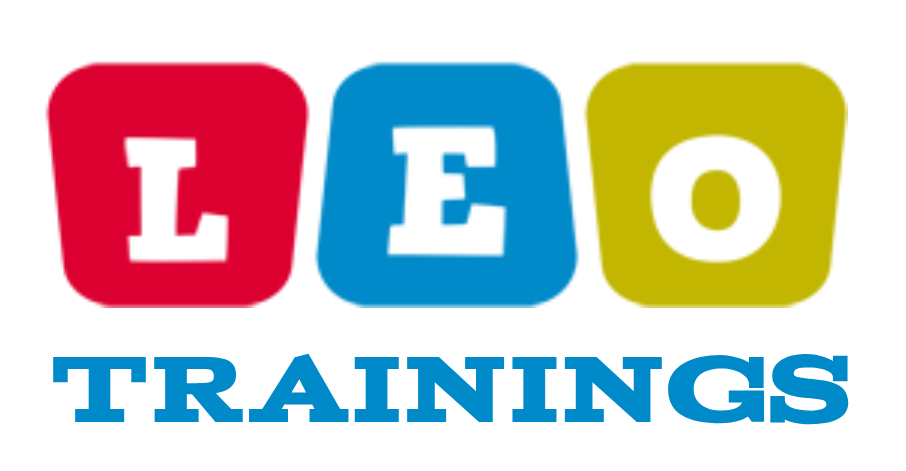
Flexible batches for you
Instructor-led Python Spark Certification Training using PySpark live online Training Schedule
Who Should Learn Data Engineering?
- HR Professionals
- Business Analysts
- Consultants
- Any Degree Commpleted
- IT professionals
- Software Testers
- Career & Job Seekers
- Finance Professionals
- Aspiring data engineers
- Software developers looking to transition to data engineering
- Data analysts seeking to expand their technical skills
- Recent graduates in computer science or related fields
You don’t need to be a tech genius to start. If you’re curious, enjoy solving puzzles, and like working with systems, this path might be perfect for you. Even if you’re a recent graduate, a career changer, or just a lifelong learner—data engineering training opens doors.
Training Options
Online Training
- Live online training from Certified Trainers
- Your Flexible Time and if are you interested next batch also give access
- 24x7 learner assistance and support
Batch Starting From
- 22nd Mar, Weekdays Batch
Corporate Training
- For Corporate Training from Certified Trainers with 12+ years experts
- Your Flexible Time and provide daily 4 to 8 Hours
- 24x7 learner assistance and support
Our Training Benefits
- As your requirement online or ofline
Self Paced Training
- Provide Self Faced With Life Time Acces
- Also provide material, if need access
- 24x7 assistance and support if have any doubt
Best Price And Quality Job Oriented Videos
- Contact Our team for more details
Career Services

- Career oriented Online sessions
- Job Or Placement Assistance
- Mock Interview And Resume Preparation
- Resume and Linked in Profile
- Exclusive Access Popular Job Portal
- One on One and Group Batches
Detailed Data Engineering Course Syllabus
- Live Course
- Self-Paced
- Industry Experts
- Academic Faculty
Introduction to Data Engineering
1. What is Data Engineering?
- Definition and scope of data engineering
- Differences between data engineers, data scientists, and data analysts
- Key responsibilities of a data engineer
- Evolution of data engineering
- Partition Components
2. Data Engineering Lifecycle
Data generation and collection
- Sources of data (APIs, databases, logs, etc.)
- Data ingestion techniques
Data storage and warehousing
- Types of data storage (relational, NoSQL, data lakes)
- Data modeling concepts
Data processing and transformation
- Batch vs. stream processing
- ETL vs. ELT
Data analysis and visualization
- Role of data engineers in supporting analytics
- Data quality and governance
Data Engineering Tools and Technologies Overview
Databases and data warehouses
- Relational databases (MySQL, PostgreSQL)
- NoSQL databases (MongoDB, Cassandra)
- Data warehouses (Snowflake, Amazon Redshift)
- Introduction to .dat and .dml files
- Partition Components
Data warehouses (Snowflake, Amazon Redshift)
- Hadoop ecosystem
- Apache Spark
- Distributed file systems (HDFS)
Cloud platforms
- Amazon Web Services (AWS)
- Google Cloud Platform (GCP)
- Microsoft Azure
ETL/ELT tools
- ETL/ELT tools
- Talend
AWS Data Engineering and Data Ingestion
Introduction to AWS Services
- Data Engineering Fundamentals
- AWS Global Infrastructure
- Properties of Data
- Basics of ETL
- Data Ingestion
- Modern data workflows
- Data Ingestion Patterns and Services
- Streaming vs. batch data ingestion
- Replayability of data ingestion pipelines
- Stateful and stateless data transactions
- Reading data from streaming sources
- Configuring Ingestion Options
- Batch Ingestion
- Consuming data APIs
- Calling a Lambda function from Amazon Kinesis
- Streaming Data Distribution
Data Transformation and Processing
Introduction
- Data Transformation
- Overview of ETL pipelines
- Business requirements for ETL
- Data characteristics: volume, velocity, and variety
- ETL Pipeline Implementation
- Apache Spark for data processing
- Data Sources Connection
- Integrating data from multiple sources
- Optimizing ETL Pipelines
- Optimizing container usage
- Cost optimization strategies
- Data transformation services
- Data format transformation
- Troubleshooting
- Making Data Available
- Creating data APIs
Orchestrating Data Pipelines and Programming Concepts
Introduction
- Data Pipeline Orchestration
- Integrating AWS services for ETL pipelines
- Event-driven architecture
- Configuring AWS services for data pipelines
- Serverless Workflows
- Building Data Pipelines
- Use Orchestration Services
- Programming Concepts for Data Pipelines
- SQL queries for data transformations
- Infrastructure as code (AWS CDK, AWS CloudFormation)
- Using AWS SAM for serverless deployments
- Mounting storage volumes
Data Storage Solutions
Introduction
- Storage Platforms
- Storage Services
- Configurations for Performance Demands
- Data Storage Formats
- Common data storage formats
- Choosing the right format for specific use cases
- Aligning Data Storage with Data Migration Requirements
- How to select storage solutions that meet migration needs
- Determining the Appropriate Storage Solution for Access Patterns
Data Cataloging and Lifecycle Management
Introduction
- Steps to create a data catalog
- AWS Glue Data Catalog
- Apache Hive metastore
- Data Classification
- Business and Technical Requirements
- Metadata
- Data Catalogs
- Metadata components
- Role of data catalogs in data management
- Lifecycle Management of Data
- Storage solutions for hot and cold data
- Data retention policies and legal requirements
Free Career Counselling
We are happy to help you 24/7
Why Workday Course From Leo Trainings
- Live Interactive Learning
- Expert-Led Mentoring Sessions
- World-Class Instructors
- Instant doubt clearing
- Lifetime Access
- Unlimited Access to Course Content
- Free Access to Future Updates
- Course Access Never Expires
- 24x7 Support
- One-On-One Learning Assistance
- Resolve Doubts in Real-time
- Help Desk Support
- Hands-On Project Based Learning
- Course Demo Dataset & Files
- Resolve Doubts in Real-time
- Quizzes & Assignments
- Industry Recognised Certification
- Graded Performance Certificate
- Leo Trainings Certificate
- Certificate of Completion
- One to One Mentorships
- Devise And Access Information
- Certified Instructors
- Platform Usage
Exam & Certification
What steps do I need to take to unlock the Leo Training certificate?
Starting as a complete beginner can be daunting. Although there are many tutorials, documentation, and pieces of advice available, it’s unclear how to begin and progress with learning
What is the Value of Leo Training's Online Training Certification?
Leo Training’s online training certification holds significant value for professionals looking to advance their careers and enhance their skill set. As online learning continues to grow in popularity, many professionals are turning to platforms like Leo Training to gain knowledge, develop expertise, and obtain credentials that validate their skills. But what exactly makes Leo Training’s online certification valuable? Let’s explore the key benefits and reasons why this certification can be a game-changer for your career.
Do you have any sample interview questions for Leo Trainings?
When preparing for an interview with Leo Trainings offering training programs, it’s essential to be ready for questions related to your experience, your understanding of the training, and your goals. Below are some sample interview questions you might encounter during a discussion with Leo Trainings:
What steps do I need to take to become a developer?
Becoming a developer can be an exciting and rewarding career path, but it requires dedication, learning, and hands-on practice. Whether you want to become a web developer, mobile app developer, or a software engineer, the steps you take will largely overlap. Here’s a step-by-step guide to help you become a developer:
What motivated you to choose Leo Training over other training providers?
Here, you can discuss why you believe Leo Training stands out—whether it’s their course offerings, certifications, flexibility, or your research on their credibility.
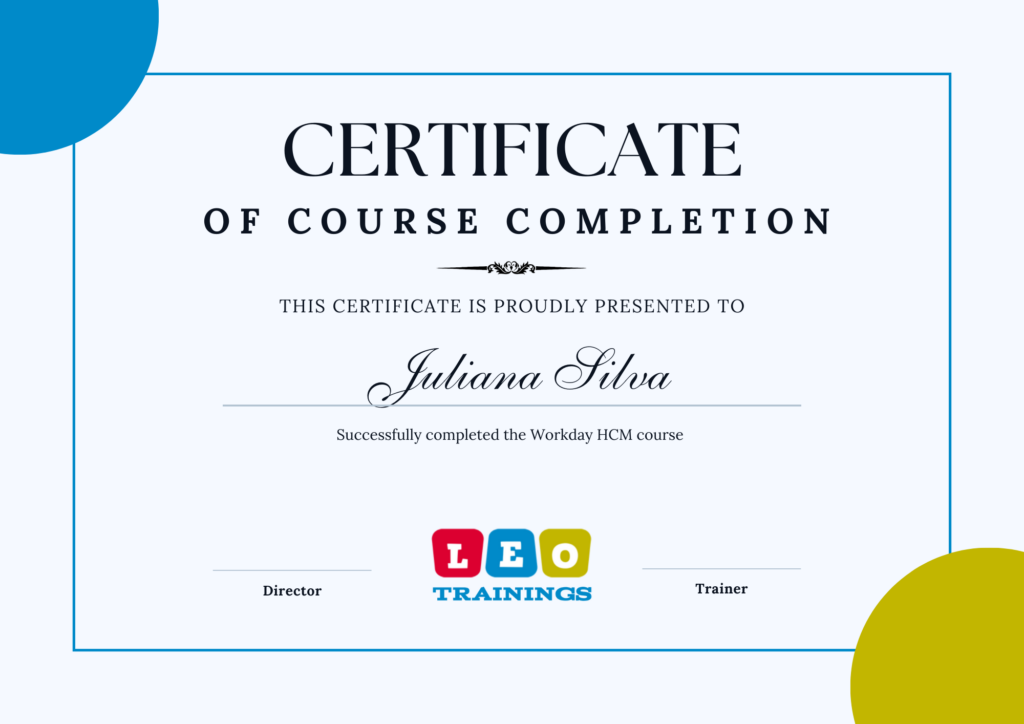
Frequently Asked Questions
Do I need a computer science degree to become a data engineer?
- No, but a background in programming and databases helps a lot.
Which is the best programming language for data engineering?
- Python is most commonly used, but SQL is equally important.
Can I become a data engineer without experience?
- Yes—start with online courses, build projects, and create a portfolio.
How long does it take to learn data engineering?
- With dedication, 4 to 6 months is enough to learn the basics and start applying for jobs.
Is data engineering a good career in 2025?
- Absolutely! Demand is growing and companies are investing more in data infrastructure than ever before.
6. Why is Certification Important?
- Workday certification is an acknowledgment of your skills and expertise in using the platform. Certified professionals are often more attractive to potential employers and can command higher salaries.
